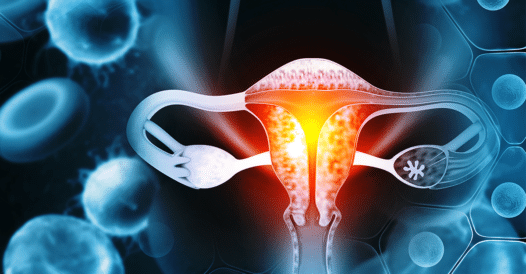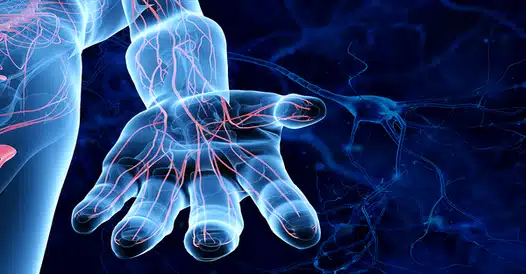Take Action: Optimizing Equity in Cardiology Care
Disparities in the diagnosis, treatment, and outcomes of cardiovascular disorders, including hypertension, disproportionately affect underserved racial and ethnic populations as well as the LGBTQIA+ community. These groups face significant barriers, such as lower rates of hypertension control, increased cardiovascular mortality, …









